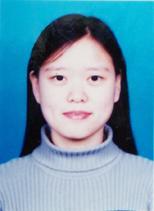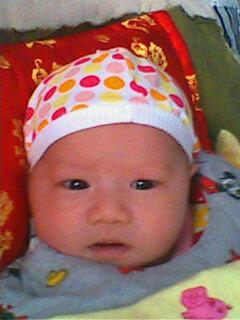| Great Traditional Chinese Characters | |
|---|---|
| Apr 13, 2006 02:41 | |
 | Traditional Chinese characters can be traced back to several thousand years ago. Actually, the history of China is the history of traditional Chinese characters. (However, what we use now is simplified Chinese characters, the simplification of traditional Chinese characters play down the strengths of traditional Chinese characters.) Traditional Chinese characters embody Chinese tradition and culture. Take 默 (mo, the high falling to low tone) for example, the left means “black” and the right means “dog”. But how does a black dog means silence? We know that the dog barks often and it is difficult to make the dog not bark. It is not the real silence for a mute keep silent, while a talkative keep silent is the really silence. “Silence is gold”, maybe that’s what the ancient Chinese people want to tell us when they created this word. |
| Apr 13, 2006 03:04 | |
 | Good point, Viven! |
| Apr 13, 2006 03:31 | |
 | I read a piece of news this morning. It calls on ppl to learn to recognise the traditional Chinese characters which is deeply related to our culture. |
| Apr 13, 2006 03:34 | |
 | Thank you, Rita. I would like give you another example. “毅”, the left part of this word, "豕”means a hog, "立“means its hair stand up, the right part of this word means a kind of broadsword. Its original meaning is that the hog strives and struggles before being killed. The ancient Chinese created this word to indicate that people in difficulties shall be strong and tough to overcome obstacles, just like the hog. |
Post a Reply to: Great Traditional Chinese Characters







 Copyright © 1998-2026 All rights reserved.
Copyright © 1998-2026 All rights reserved.